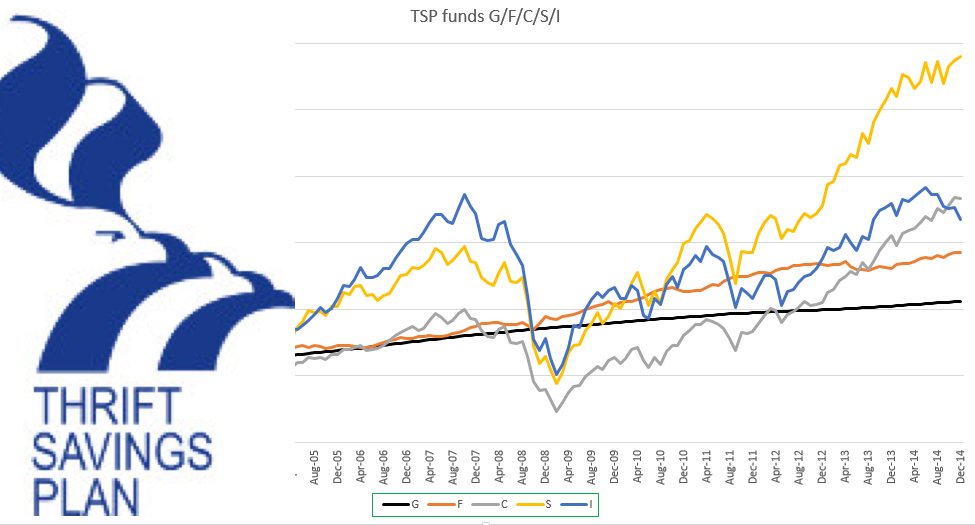Will IRA’s Divesting From Fossil-Fuels Cost You? by, Aaron Steele

Should fossil-fuel firms be divested from retirement savings accounts and pensions? This technique is growing more common across the world. Pension schemes in Scandinavia have revealed divestments from fossil fuel companies in recent years. Moreover, the UK NEST retirement funds, a government-run IRA-resembling fund where employees renege if their companies don’t offer benefits, has revealed that it will also pull its resources out of the Arctic drilling, tar sand production, and coal mining.
In the US, a duo of lawmakers introduced a bill in 2020 to “decarbonize” the Thrift Savings Plan (TSP), a 401(k)-style scheme for federal workers. And several state pension schemes have revealed divestment schemes, the most notable of which is New York. Last December, I pointed out that the scheme did not comply with the region’s constitutional provision that pension investment funds should be focused exclusively on boosting fund remittance for pension attendees.
In the U. S., the Department of Labor decreed during the Donald Trump presidency that the fiducial obligation to augment investor returns disallowed such divestment activities in ERISA-managed retirement funds (i.e., 401(k) schemes for employers in private sectors). Although, they left a gap so that money managers might take climate change into account as a variable in deciding the process of maximizing returns.
At that moment, I expressed admiration for more employee choices, pointing out that there are many IRA services. These services range from those who take an environmentalist perspective to those who take a religious view, like the Catholic Ave Maria Mutual Funds scheme, and that combining 401(k) gains and IRA would give savers more options in their pension savings, allowing them to sacrifice some earnings in exchange for ethical investments. It takes me to the Department of Labor’s planned amendment from 14 October.
According to New York Times, the Department of Labor suggested new policies on Wednesday that make it very easy for retirement schemes to include investment choices predicated on social and environmental considerations — and allow for these options to be the standard option upon enlistment.
The Joe Biden regime’s plan clarifies that aside from retirement scheme admins being authorized to examine such considerations, it could be their obligation, especially if climatic changes’ economic repercussions persist.
“The new guidelines will also allow portfolios with environmentalist and other goals to be the standard investment choice in retirement schemes such as 401(k)s that was previously barred under the last administration’s standards.”
Notwithstanding this shift, according to The New York Times, fund managers will still be prohibited from sacrificing profits to prioritize environmental, social, and governance (ESG) concerns.
Despite this broad definition, other sites shed more light on the Biden government’s goals. According to the Financial Times, the Department of Labor suggested that retirement savings schemes may potentially be actively compelled to include climate change when making their investment.
“It keeps being seen whether the Department of Labor will go one step ahead in final provisions by requiring the attention of particular ESG elements, or if they’ll retain a neutral stance that they’re not distinct than other conventional investment requirements,” R. Sterling Perkinson, an associate at the legal firm Kilpatrick Townsend, told the (SHRM) Society for Human Resources Management.
Are there risks associated with ESG investment? Obviously, a large number of individuals are in favor of the move.
However, there are three areas we need to be concerned about:
To begin with, “ESG” isn’t a singular set of rules that applies to everyone. For instance, the organization Hong Kong Watch criticized the Western-style pension funds that profess to adopt the ideals of ESG-based investment of concentrating solely on environmental problems while casting aside “blind eye” human rights violations in China in the report that was issued at the start of the third quarter of 2021.
Furthermore, the haste to divest from non-renewable energy corporations might have unexpected repercussions. As per the IEA, oil exploration spending almost halved from 2015 to 2020, as published by Bloomberg in an editorial headlined “Shunning Fossil Fuels Too Soon May Prove Catastrophic.” Current investment levels are grossly insufficient to address projected global energy needs in the following years. If I am anywhere half correct, the repercussions of avoiding investment in conventional energy sources would be somewhat short of disastrous without a sane, practical investment plan — and timeframe — for creating green energy.
Governments may be as good as they choose to be. But their deliberate blindness to the repercussions of their efforts — severe recessions, shattered communities, and millions more starving — doesn’t render them perhaps less evil. And besides, the path to hell stands floored with gold.
Here’s a genuine consideration: ESG investment is more expensive, even if advocates claim that earnings are comparable to standard investment. As per a Wall Street Journal column from September 2021, ESG investments are more costly than other forms of investment.
According to a Morningstar analysis, the asset-weighted mean cost ratio of ESG investments in the United States was 0.61% in 2020, as opposed to 0.41% for all open-end exchange-traded funds and mutual funds in the United States.
With time, even minor changes in expenditure ratios might accumulate. As per my estimates, a $100,000 portfolio with an 8% yearly revenue would grow to around $898,000 with a 0.41% cost ratio over thirty years, versus about $849,000 with a 0.61% expense ratio — a $49,000 gap.
It may appear insignificant. However, as public awareness has grown, 401(k) money managers have come under increasing pressure to lower their charges. It would undoubtedly be highly enticing for them all to increase their profits by persuading companies that they must choose ESG fund alternatives for their workers, despite the increased fund expenditure fees. Workers, of course, will bear the brunt of the consequences.
Contact Information:
Email: [email protected]
Phone: 3604642979
Disclosure:
Disclosure:
Investment advisory services are offered through BWM Advisory, LLC (BWM). BWM is registered as an Investment Advisor located in Scottsdale, Arizona, and only conducts business in states where it is properly licensed, notice filed, or is excluded from notice filing requirements. BWM does not accept or take responsibility for acting on time-sensitive instructions sent by email or other electronic means. Content shared or published through this medium is only intended for an audience in the States the Advisor is licensed in. If you are not the intended recipient, you are hereby notified that any dissemination, distribution, or copy of this transmission is strictly prohibited. If you receive this communication in error, please immediately notify the sender. The information included should not be considered investment advice. There are risks involved with investing which may include market fluctuation and possible loss of principal value. Carefully consider the risks and possible consequences involved prior to making an investment decision.
Confidential Notice and Disclosure: Electronic mail sent over the internet is not secure and could be intercepted by a third party. For your protection, avoid sending confidential identifying information, such as account and social security numbers. Further, do not send time-sensitive, action-oriented messages, such as transaction orders, fund transfer instructions, or check stop payments, as it is our policy not to accept such items electronically. All e-mail sent to or from this address will be received or otherwise recorded by the sender’s corporate e-mail system and is subject to archival, monitoring or review by, and/or disclosure to, someone other than the recipient as permitted and required by the Securities and Exchange Commission. Please contact your advisor if there are any changes in your personal/financial situation or investment objectives for the purpose of reviewing/evaluating/revising our previous recommendations and/or services. Additionally, if you change your address or fail to receive account statements from your account custodian, please contact our office at [email protected] or 800-779-4183.






